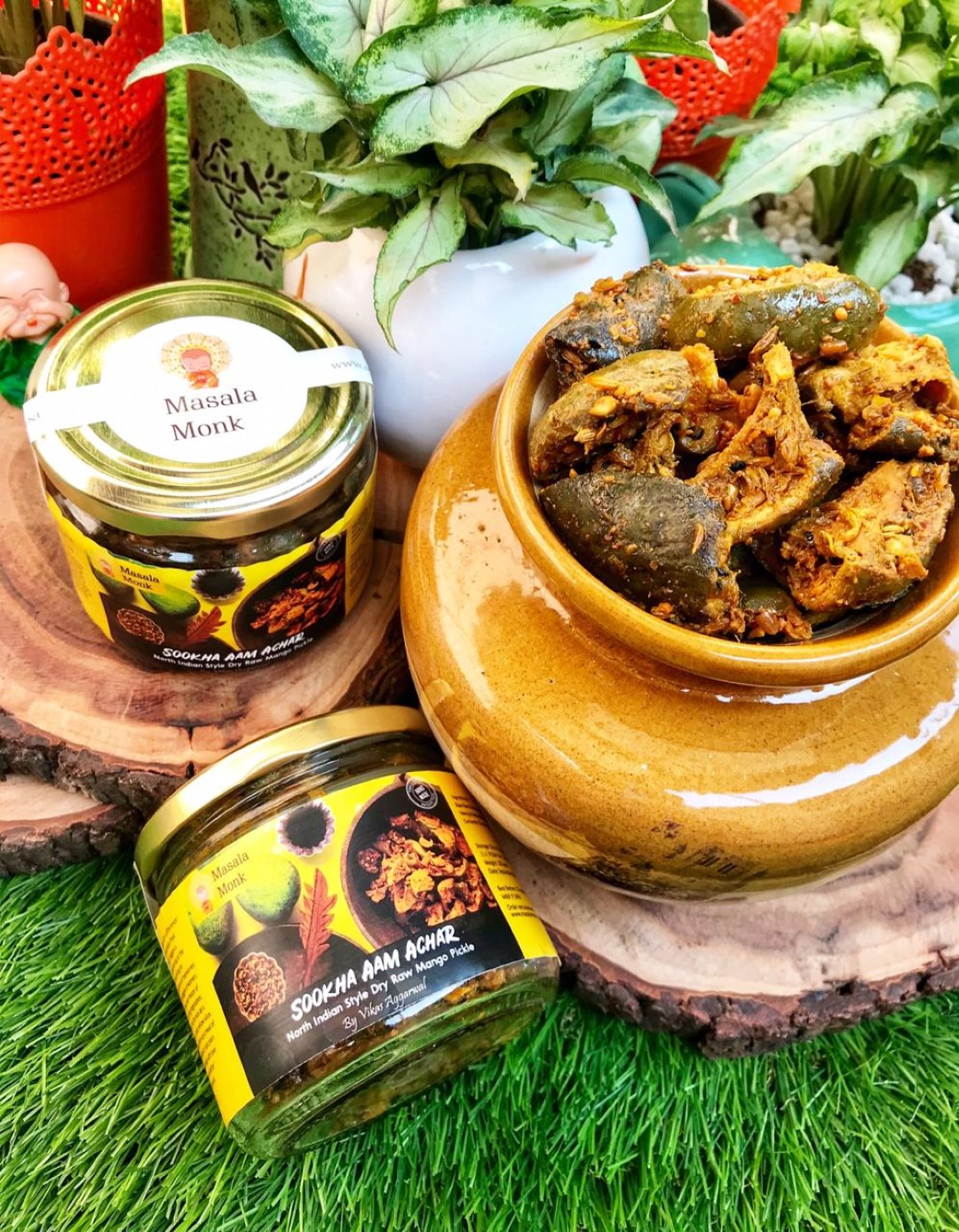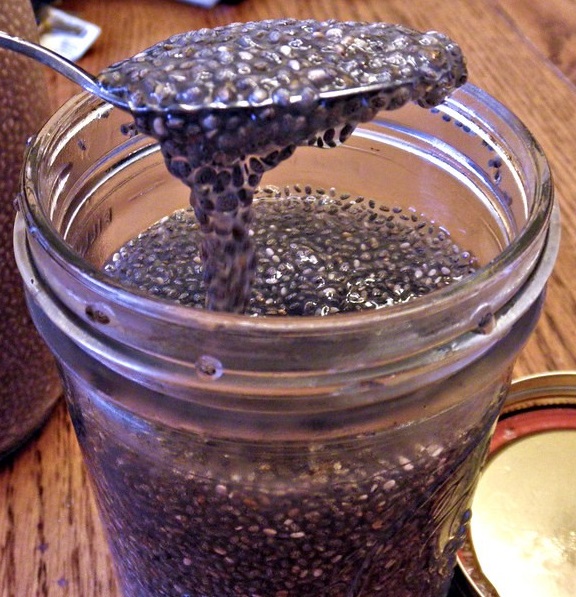
Green Chilli Pickle, also known as Hari Mirch ka Achar, is a popular condiment enjoyed in many cultures for its fiery and tangy flavor. While it adds a punch of taste to meals, you might wonder if it is good for your health. Let’s explore the nutritional aspects of Green Chilli Pickle and its potential health benefits.
🌶️ Nutritional Profile of Green Chilli Pickle 🌿
Green chillies, the main ingredient in Green Chilli Pickle, are rich in vitamins and minerals. They are a good source of vitamin C, which supports immune function, and vitamin A, which is essential for healthy vision. Green chillies also contain capsaicin, a compound known for its potential health benefits.
🥗 Health Benefits of Green Chilli Pickle 🌶️
- Boosts Metabolism: The capsaicin in green chillies may increase metabolic rate, which can aid in weight management and calorie burning.
- Enhances Digestion: Green chillies have been traditionally used to improve digestion. They stimulate the secretion of digestive enzymes and may help relieve digestive issues like bloating and indigestion.
- Antioxidant Properties: Green chillies contain antioxidants that help protect against cell damage caused by free radicals. These antioxidants may have anti-inflammatory effects and support overall health.
- Vitamin C Boost: Green chillies are a good source of vitamin C, which plays a vital role in supporting the immune system and maintaining healthy skin.
- May Aid Pain Relief: Capsaicin, the active compound in green chillies, has been studied for its potential pain-relieving properties. It may help reduce pain and inflammation.
🚫 Considerations and Moderation ⚖️
While Green Chilli Pickle offers potential health benefits, it’s important to consume it in moderation due to certain factors:
- Spice Sensitivity: Green chillies are known for their heat and can cause discomfort for individuals with sensitive stomachs or those who are not accustomed to spicy foods. It’s important to listen to your body and consume green chilli pickle in moderation.
- Sodium Content: Commercially prepared pickles may contain added salt for preservation purposes. If you are watching your sodium intake, it’s advisable to read the labels and choose low-sodium options or make homemade pickles with reduced salt.
- Individual Tolerance: Each person’s tolerance to spicy foods varies. It’s important to assess your own tolerance and consume Green Chilli Pickle accordingly to avoid any discomfort.
🥗 Incorporating Green Chilli Pickle in a Balanced Diet 🌶️
Here are a few tips for incorporating Green Chilli Pickle into a balanced diet:
- Moderation: Enjoy Green Chilli Pickle in moderation, especially if you are sensitive to spice or have dietary restrictions.
- Pairing: Green Chilli Pickle can add a flavorful kick to various dishes. Use it as a condiment to enhance the taste of sandwiches, wraps, rice dishes, or even salads.
- Homemade Options: Consider making your own Green Chilli Pickle at home using fresh ingredients and controlling the spice level and salt content.
- Variety: Experiment with different recipes and variations of Green Chilli Pickle, such as adding other spices, herbs, or vegetables, to tailor the flavors to your liking.
- Balanced Meal Planning: Remember that Green Chilli Pickle is a condiment and should be part of a well-rounded, balanced diet that includes a variety of fruits, vegetables, whole grains, lean proteins, and healthy fats.
🍽️ Join Food Enthusiasts! 🌼
If you are captivated by the aromas and flavors – and wish to connect with fellow food enthusiasts, join our vibrant and engaging foodie community on Facebook. Share your experiences, recipes, and discoveries as we embark on a journey to savour the culinary treasures of the world.
🙏 Conclusion 🌶️
Green Chilli Pickle, or Hari Mirch ka Achar, can be enjoyed as part of a balanced diet, considering individual spice tolerance and moderation. While it adds a burst of flavor and potential health benefits, it’s important to be mindful of the sodium content and choose options that align with your dietary preferences and restrictions.
Remember, it’s always a good idea to consult with a healthcare professional or a registered dietitian if you have specific dietary concerns or medical conditions. Enjoy Green Chilli Pickle responsibly, savor its spicy goodness, and embrace the diverse flavors of the culinary world!
🌶️🌿🥗












